Gaza humanitarian crisis: Israel ‘severely disrupting’ aid amid 'ceasefire'
The Euro-Mediterranean Human Rights Monitor has warned of a grim humanitarian situation in war-wracked Gaza Strip, highlighting the urgent needs of 2.3 million residents as the crisis intensifies 16 days after the ceasefire.
Ramy Abdu, founder and chairman of the Euro-Mediterranean human rights monitor, in a series of tweets on Tuesday said the humanitarian situation in Gaza has reached alarming levels, with reports indicating that aid remains severely disrupted by Israel and critical needs remain unmet.
Abdu wrote that Gaza's infrastructure has been left in ruins and essential supplies, including tents, fuel, and medical equipment, are still being blocked.
“Only 9,500 tents—small and poor in quality—have arrived in Gaza, while 120,000 are urgently needed. Hundreds of thousands remain without shelter, yet Israel has failed to fulfill its obligations under the ceasefire,” he wrote.
The leading human rights advocate raised alarms over the dire medical conditions in Gaza's hospitals such as Al-Shifa, Nasser, and European Hospital, highlighting the critical shortage of essential medical equipment, including MRI and X-ray machines.
“Since the ceasefire, 8,500 aid trucks entered Gaza, yet only 35% reached the north, where needs are most urgent. Instead of food and medicine, many trucks carry non-essential goods for merchants. Gaza needs 1,000 trucks per day, but barely half of that gets through,” Abdu added.
He added that Palestinian bodies remain under the rubble as no debris removal equipment is allowed in the Gaza strip.
The chief of the human right group also warned that the humanitarian situation is exacerbated by the destruction of 85% of Gaza's water wells, with Israel blocking supplies necessary for repairs.
“100 wells in northern Gaza urgently need repair, but not a single one has been restored. People are forced to drink contaminated water while aid is delayed. This is collective punishment,” he said.
Abdu's statements underscore a growing concern that the ongoing humanitarian crisis in Gaza amounts to collective punishment against its residents, as they continue to face overwhelming challenges in their daily lives.
Palestinian media have reported numerous instances of Israel’s violation of the ceasefire, saying it regularly renews its attacks on the coastal sliver in a manner that conjures up memories of the ferocious onslaught.
Moreover, the Palestinian resistance movement Hamas on Monday warned that it could respond to the Israeli regime’s continued violations of a ceasefire deal between Tel Aviv and the group.
“Israel is deliberately obstructing the process of aid delivery [into the Gaza Strip] and resettlement of Gaza’s people,” Osama Hamdan, Hamas’ senior representative in Lebanon, said.
Hamdan added that Hamas has established a committee to oversee the flow of aid into Gaza, which has reported deliberate obstructions by the occupying forces. He indicated that Hamas plans to implement "certain measures" to compel the occupiers to comply with the existing agreement.
A ceasefire agreement between Hamas and Israel was reached on January 19, 2025, aiming to end the Israeli regime’s more than 15 months of genocide against the Gaza Strip that killed nearly 62,000 Palestinians, mostly women and children.
VIDEO | Tehran conference examines Islamic Revolution’s enduring role in shaping global resistance
VIDEO | Gazans say Israel seeks permanent military presence
VIDEO | UK PM faces call to quit over his US ambassador’s links to Epstein
VIDEO | Press TV's news headlines
Iran renews warning about Israeli intentions amid diplomatic engagement with US
Our missiles have put Zionist regime in its place: Iran’s top security official
VIDEO | Iran's Beirut Embassy marks Islamic Revolution anniversary
VIDEO | Protests renewed as Israel advances execution law for Palestinian prisoners


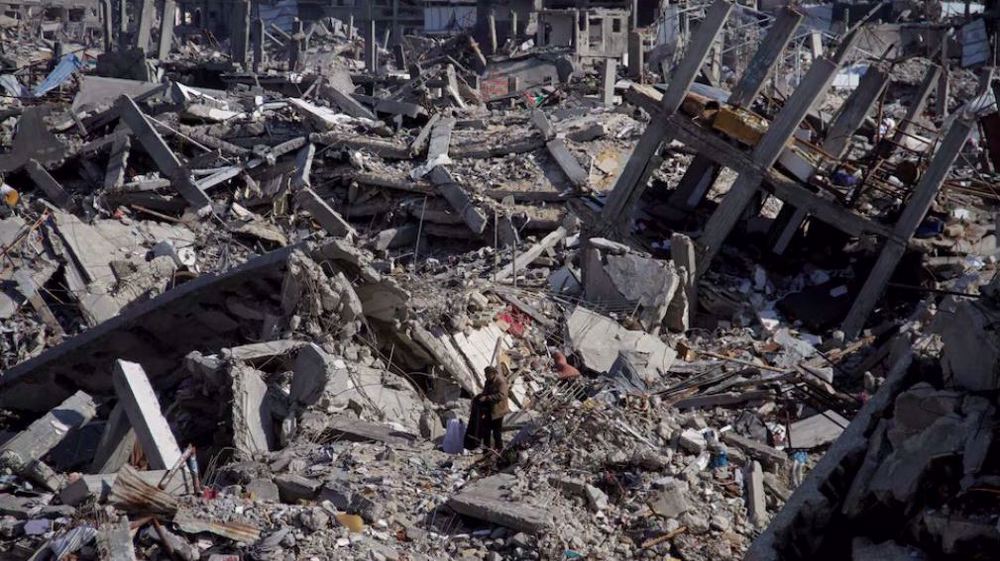
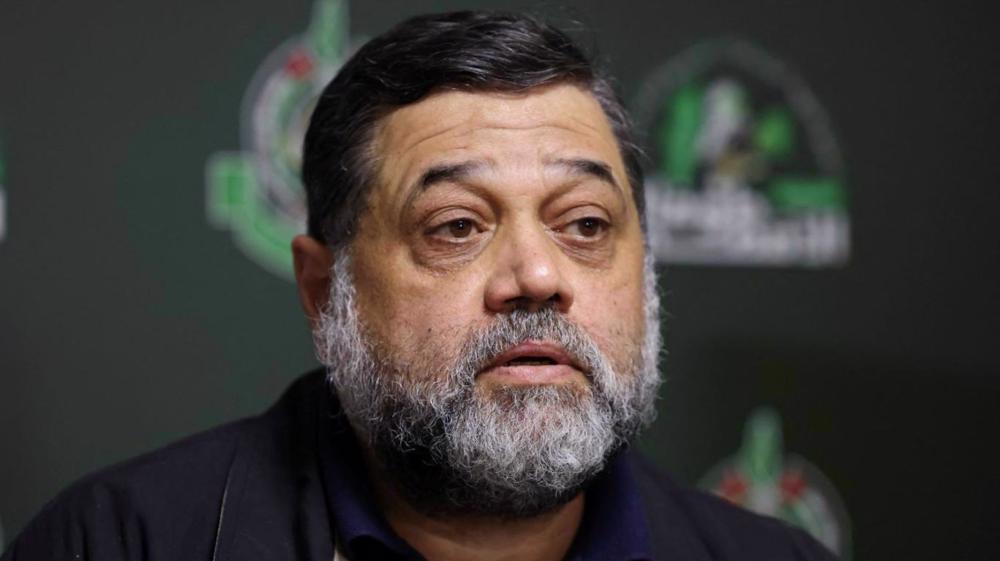
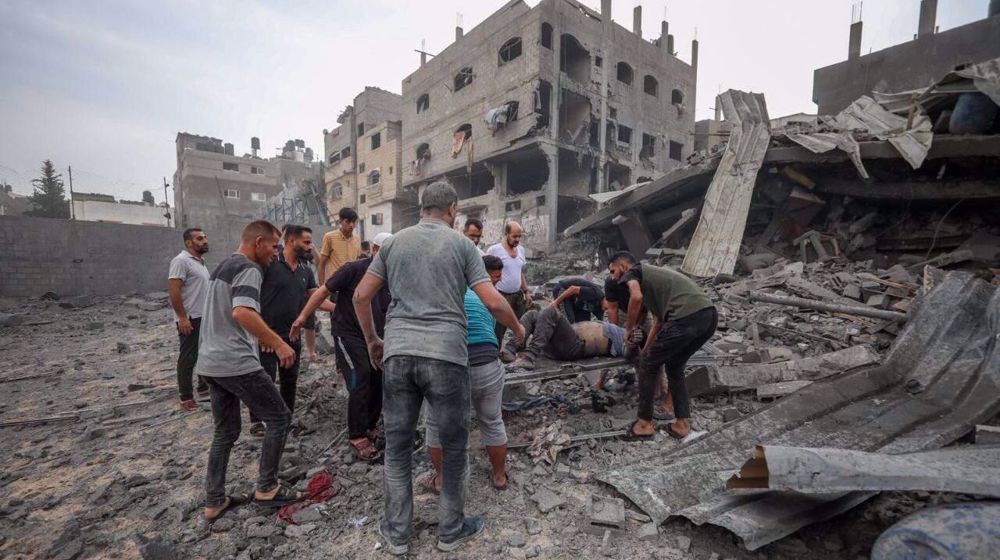
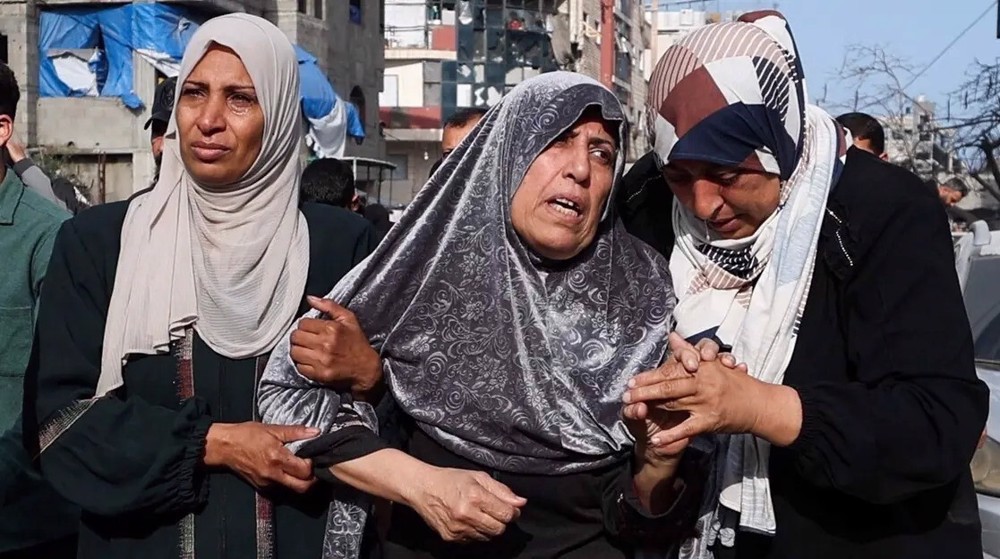
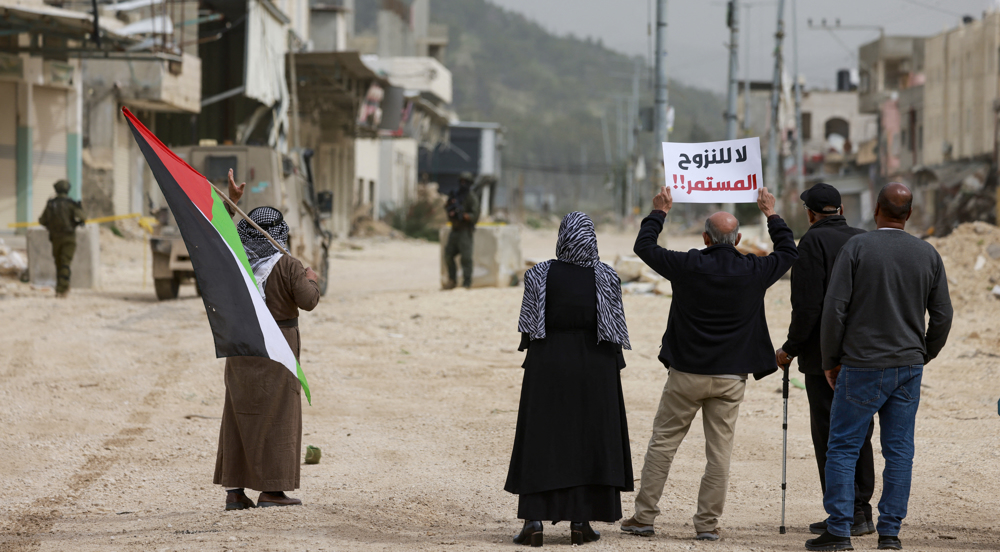



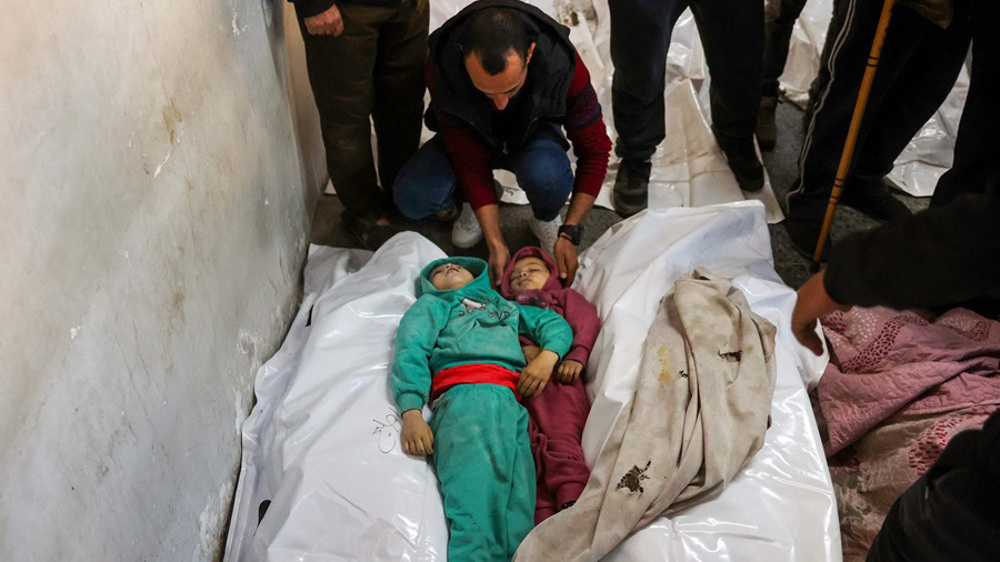
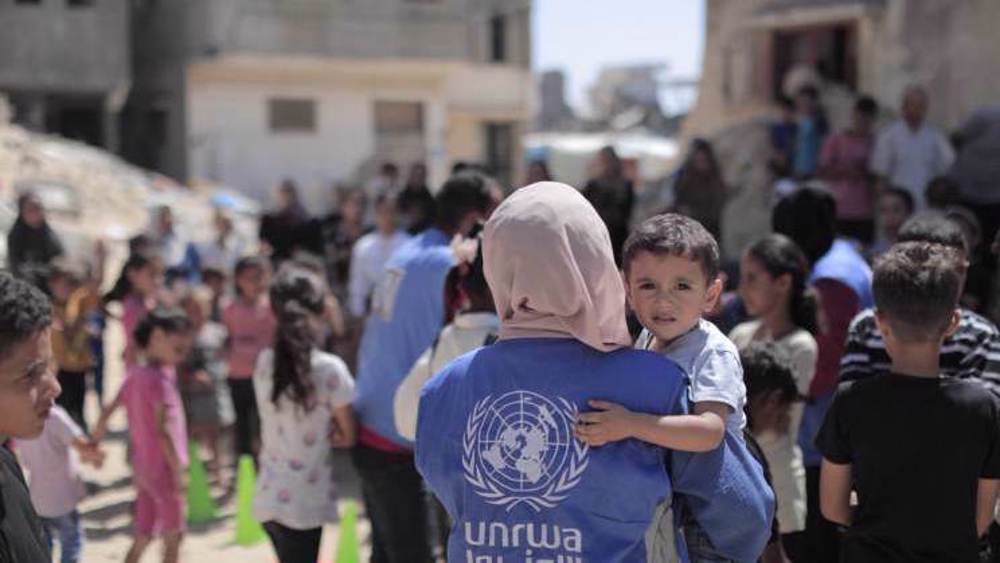
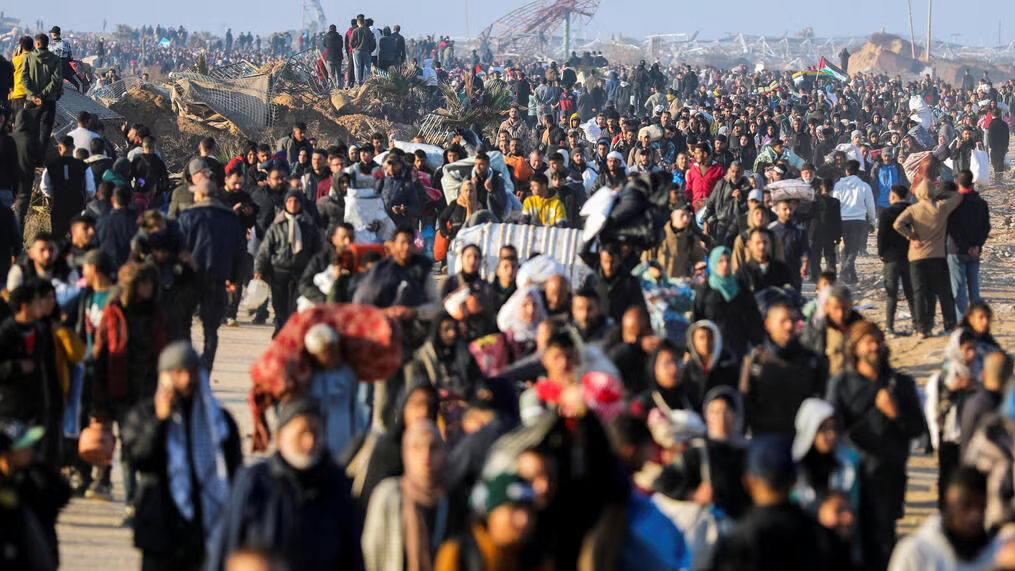
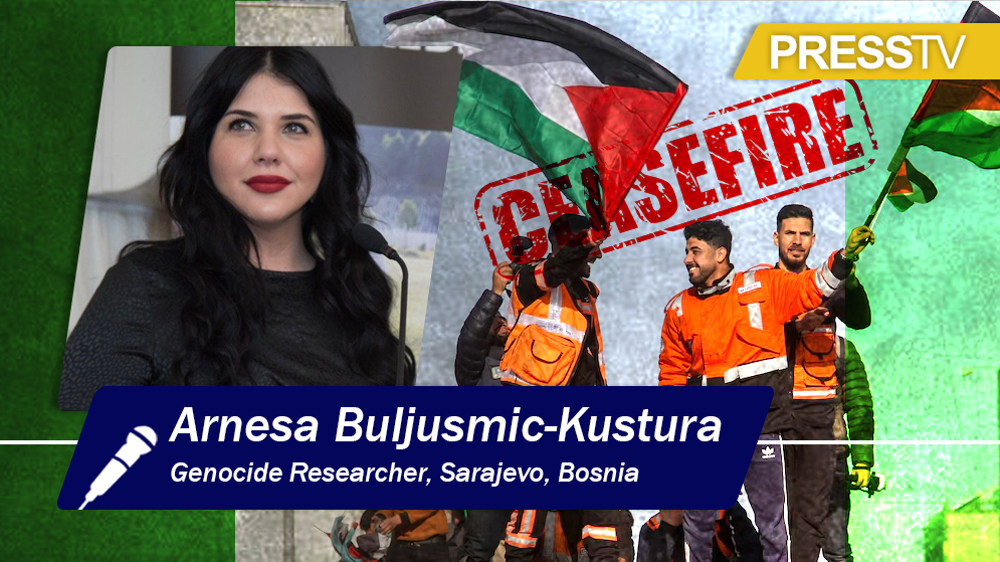

 This makes it easy to access the Press TV website
This makes it easy to access the Press TV website